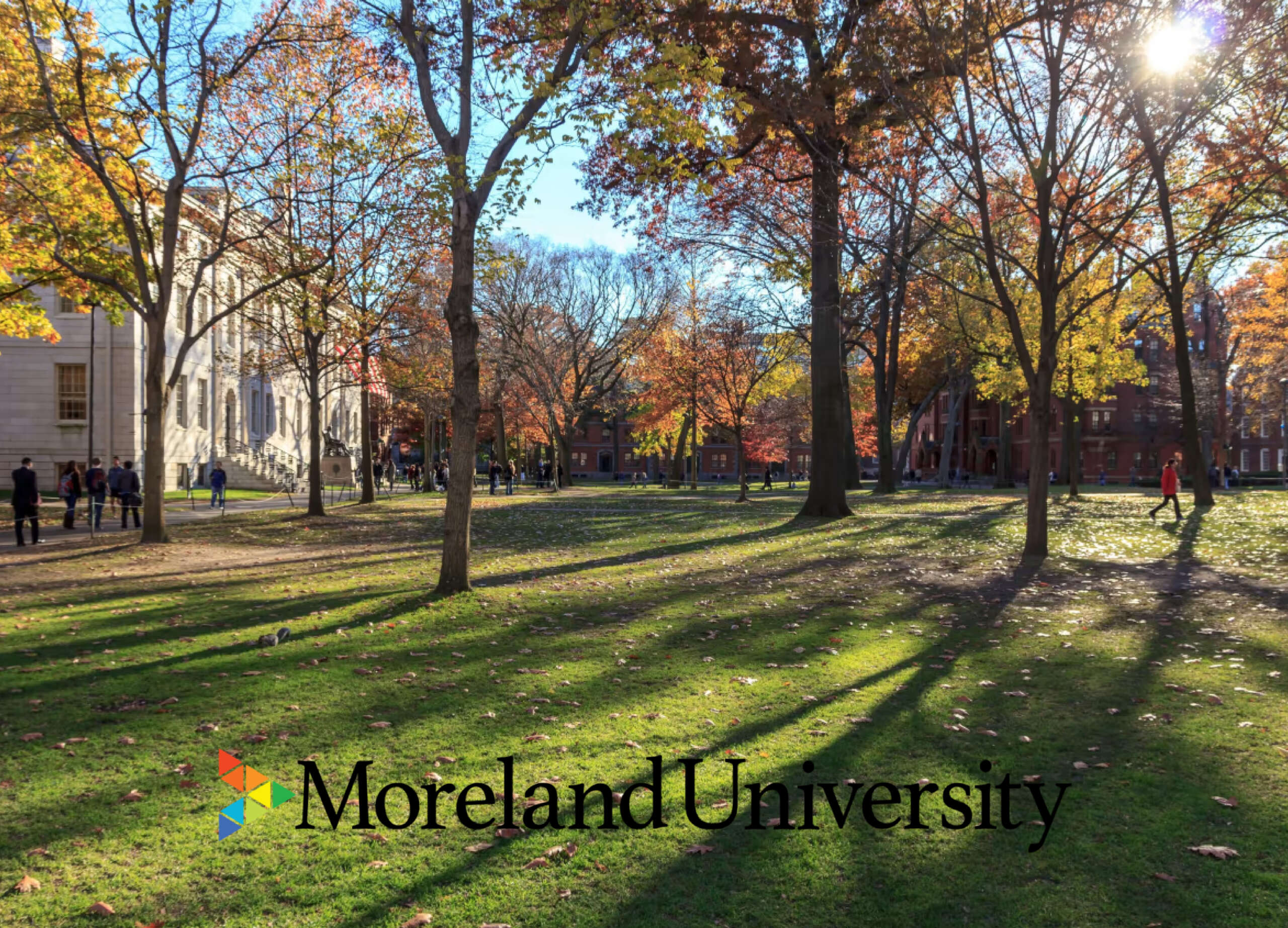Moreland University – USA.
My Journey with Moreland University – Master’s in Educational Technology
When I began my Master’s in Education with a specialization in Educational Technology at Moreland University, I knew it would be a transformative experience. What I didn’t realize was just how much it would shape not only my skills but also my philosophy of education. Over the course of 39 credit hours, 12 rigorous modules, and a journey that stretched from orientation to project implementation, I achieved a 3.94 GPA—but more importantly, I gained a deeper vision of how technology can empower teachers, students, and schools.
The program started with the Culture of Schooling, grounding me in the values and challenges of education today. From there, I explored The Learner and Learning in a Digital Age, which challenged me to rethink pedagogy in a connected world. Courses like Managing the Learning Environment and Student Assessments pushed me to see how digital tools can both simplify classroom management and make assessments more authentic, personalized, and impactful.
As I advanced, I engaged in modules that tested not only my knowledge but also my practical application. In Planning and Preparation for Learning, I developed frameworks for lessons that integrated technology seamlessly, while Teaching Practice and Proficiency allowed me to put theory into action and refine my instructional skills in real contexts. Each assignment reminded me that technology should never be an add-on—it should be an enabler of creativity, collaboration, and deeper understanding.
The program’s Systems Thinking in Digital Learning and Educational Technology was a turning point. It taught me to view education not as isolated tasks but as interconnected systems, where every decision about infrastructure, pedagogy, or policy affects learners at multiple levels. This perspective prepared me for leadership roles that require both vision and practicality.
Equally transformative were the final modules: Becoming an Instructional Coach for Educational Technology, Instructional Design in Educational Technology, and Implementing an Educational Technology Project. These courses honed my ability to support teachers, design meaningful digital learning experiences, and lead technology projects that impact entire school communities. The capstone project especially allowed me to synthesize everything I had learned into a practical, scalable solution for improving teaching and learning with technology.
Looking back, my time at Moreland University was not just about earning a degree. It was about building a philosophy: that educators and learners alike can confidently embrace technology when given the right support, vision, and tools. It was about learning to lead with empathy, strategy, and innovation. And it was about preparing to guide schools through digital transformation—ensuring that classrooms are not only equipped with devices, but also with the mindsets and practices that make technology meaningful.
This journey has given me both the academic grounding and practical leadership skills to drive innovation in education. As I move forward, I carry with me not just a Master’s degree, but a renewed commitment to helping schools and educators unlock the full potential of technology for teaching, learning, and lifelong growth.


